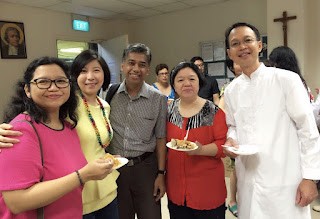Given the meaning of hidden curriculum as ‘implicit message’ from school ethos (Jackson, 1968), it is the school vision that becomes pillar to sustain positive school climate. When all components in school system are integrated and stay ‘on the right track’ as demanded by stakeholder, school can play its role and existence to be main contributor and catalyst of change in the society. These are the role and existence which are significantly desirable to counterbalance the incoming ‘new’ values as product of modernization. In the classroom and within the curriculum track, students might easily explain what the subject is all about. It is all formally organized and mentioned in the curriculum. The procedures, approaches and methodologies for formal teaching-learning activity are ruled out in the curriculum. The outcomes (action, behaviour, and values) which are expected by curriculum are clear and well-defined. However, often times students experience hard time to ‘digest’ the
